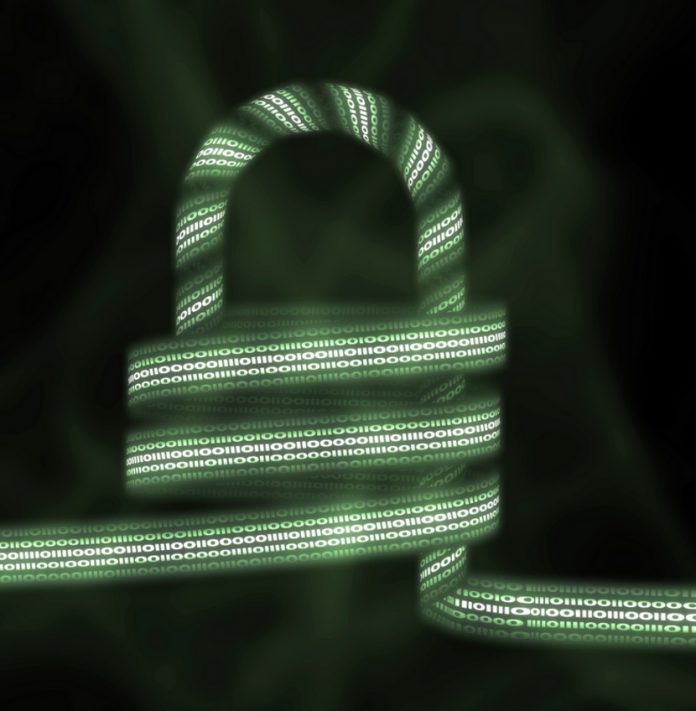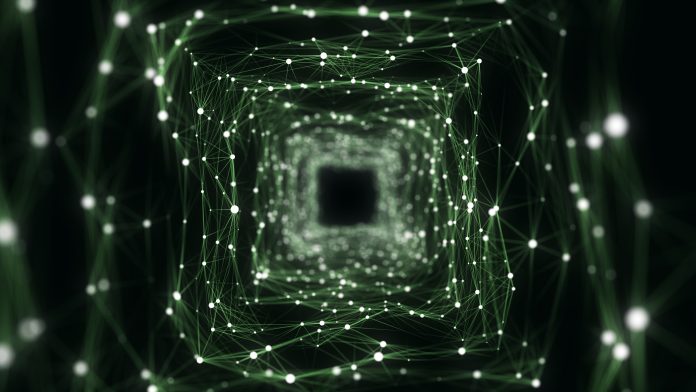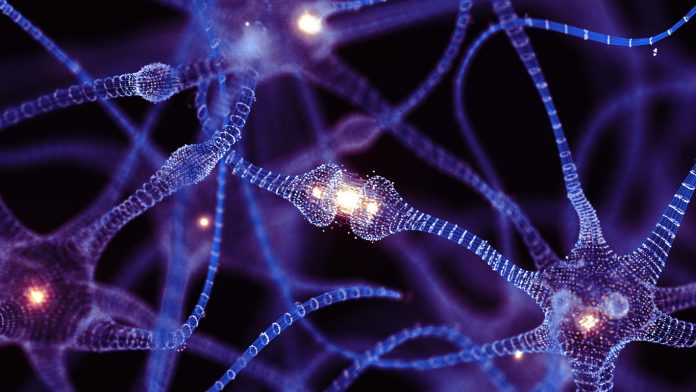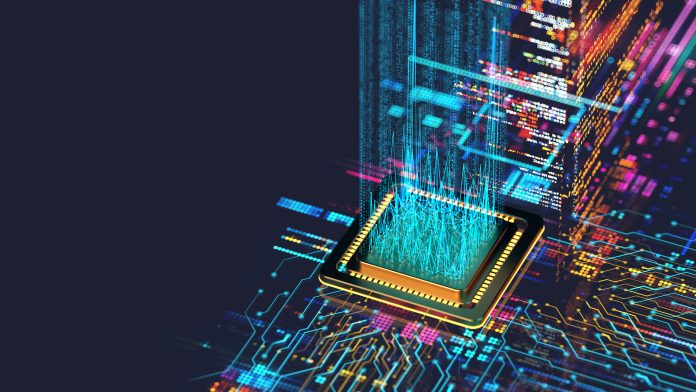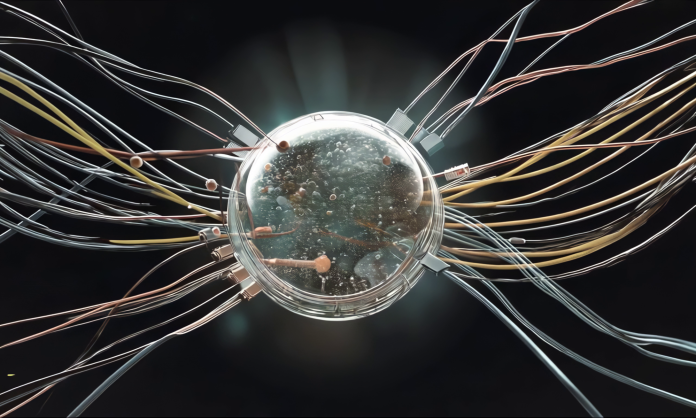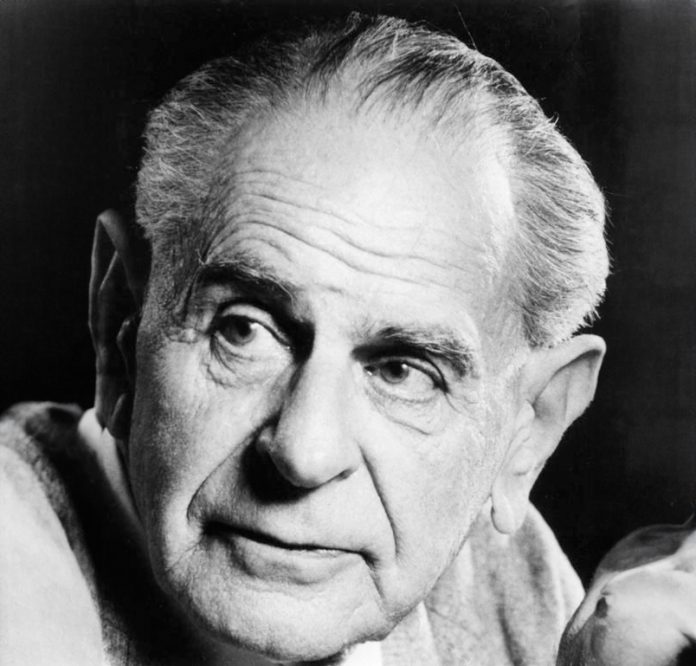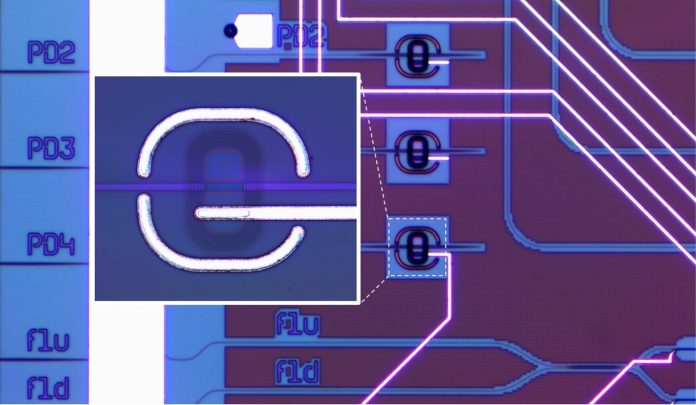Open Access Government produces compelling and informative news, publications, eBooks, and academic research articles for the public and private sector looking at health, diseases & conditions, workplace, research & innovation, digital transformation, government policy, environment, agriculture, energy, transport and more.
Home Search
quantum science - search results
If you're not happy with the results, please do another search
Rydberg atoms and optical tweezers: new opportunities in quantum science
Professor Barry Dunning discusses new research in quantum science providing the basis for several nascent quantum technologies.
Photonic quantum technology for quantum computing, data protection and fundamental quantum science
The Quantum Information Science and Quantum Computation group at the University of Vienna, Austria, uses single quanta of light to explore fascinating phenomena ranging from the foundations of quantum physics to guaranteeing the data confidentiality and privacy in cloud computing, as this compelling analysis reveals.
U.S. quantum information science research initiatives
Open Access Government lifts the lid on the work of one of America’s oldest physical science laboratories, focussing on their quantum information science research work.
Quantum’s commercial moment: Unlocking the UK’s next £13 billion industry
Dr Graeme Malcolm OBE examines quantum technologies commercial moment, which he argues is unlocking the UK’s next £13 billion industry.
Pioneering quantum biology and medicine with the $21 Million Berggren Center
The University of Chicago has received a $21 million gift from philanthropist Thea Berggren to establish the Berggren Center for Quantum Biology and Medicine. This groundbreaking center will merge quantum engineering with biology to revolutionise medicine, aiming to unlock new insights for diagnostics and therapies.
Using atomic motion for quantum breakthrough
A team of physicists at Caltech have discovered a new way to use the natural motion of atoms to store and process quantum information.
Europe moves ahead in quantum chip innovation
Europe is upping its efforts in quantum technology innovation with the recent selection of six consortia by the Chips Joint Undertaking (Chips JU).
MIT engineers achieve breakthrough in fault-tolerant quantum computing
MIT engineers have achieved a major leap towards fault-tolerant quantum computing by demonstrating an order-of-magnitude stronger nonlinear light-matter coupling. This breakthrough promises nanosecond-speed quantum information readout and processing, significantly accelerating the path to practical quantum computation.
UK government invests £121 million in quantum technology
The UK government has announced a £121 million investment in quantum technology to strengthen its position as a global leader in emerging technologies.
New quantum operating system sets the way for practical quantum networks
Researchers from the Quantum Internet Alliance (QIA), including teams from TU Delft, QuTech, the University of Innsbruck, INRIA, and CNRS, have developed the first-ever operating system designed specifically for quantum networks
This research was recently published in the journal Nature and is set to revolutionise how quantum networks are programmed...
New nanoscale technique unlocks quantum material secrets
Scientists at Argonne National Laboratory have developed a new nanoscale technique, surface-sensitive spintronic terahertz spectroscopy (SSTS), to probe the quantum behaviour of materials at interfaces. This breakthrough offers unprecedented insights into surface phonons and interfacial superconductivity, paving the way for advancements in quantum material and technologies.
Quantum bits and consciousness: Biochemical information processing
Dr Peter Verheyen, DMD from the Sola Society & Academy, at Vienna University, explores quantum bits and consciousness, focusing this time on biochemical information processing.
The latest developments in quantum computing: A transformative frontier
Quantum computing has been at the forefront of technological advancements, holding the potential to revolutionise fields ranging from cryptography to materials science.
The UK’s quantum clock: Changing military precision and security
A new revolutionary clock developed by the UK's Defence Science and Technology Laboratory (Dstl) is expected to transform military operations by providing them with more precise timing.
Governments must prepare for quantum computing risks
Post-quantum cryptography standards highlight the need for governments to prepare for emerging quantum computing risks. Previously considered a distant concern, quantum computers may soon compromise the government’s most sensitive data. Here's how to get ready.
How quantum computing advances are shaping the future of computing
Researchers have made significant progress in improving the performance of qubits, and the units of quantum computing, extending their lifespan and improving their stability.
£16 million investment to further a UK and Switzerland science partnership
The United Kingdom and Switzerland have joined together to form an innovative £16 million science partnership that hopes to tackle global challenges.
Liquid computing and cybernetics for robotics and computer science
Recent advancements show that liquid memories and liquid computing devices bring a transformative approach to robotics and computer science.
Karl Popper and Michael Polanyi: Two 20th century philosophers of science and their present-day...
Ute Deichmann, Director of the Jacques Loeb Centre for the History and Philosophy of Science at the Ben-Gurion University of the Negev, discusses two prominent 20th-century philosophers and their distinctive but equally significant approaches to science.
A portable quantum simulator on a silicon chip
Mher Ghulinyan, Senior researcher at the Fondazione Bruno Kessler’s Centre for Sensors and Devices, tells us about the EPIQUS project and the creation of a cost-effective, user-friendly, and high-performance quantum simulator based on full integration of silicon nitride photonics with silicon electronics.


